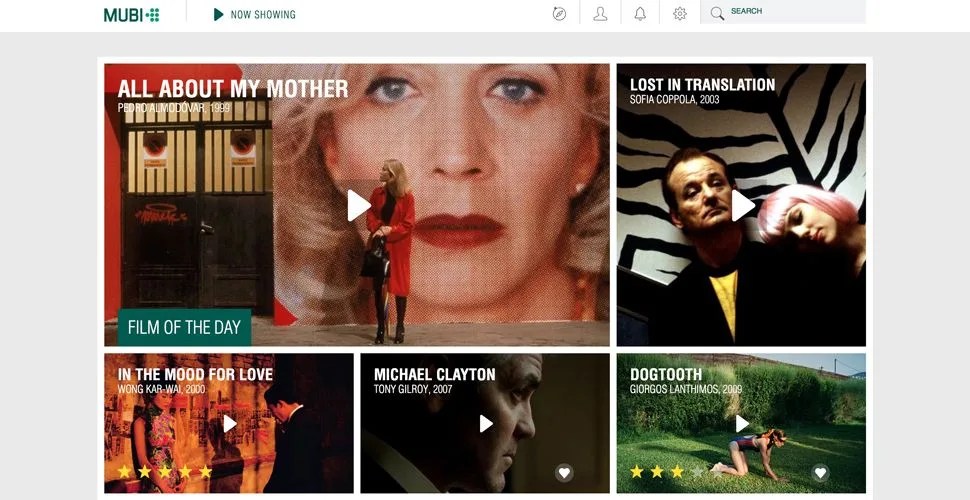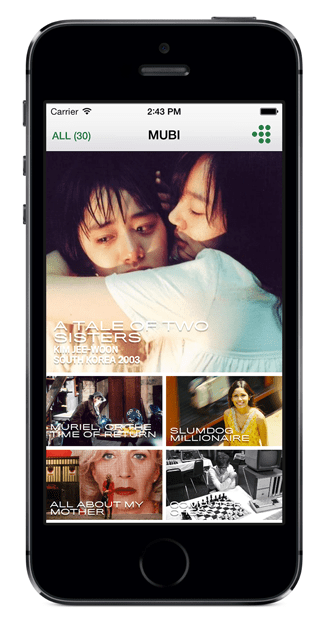Having grown up in the ’90s, I’m just old enough to remember routine Friday night trips to Blockbuster. It was my family’s suburban ritual equivalent of “hitting the town”, back when browsing the foreign film section was asking for trouble, and treasures lied dormant in the endless shelves of unseen potential. Then, years later, came the first time I browsed the Netflix instant movie catalogue and thought we had arrived at the future, our brave new world. I wasn’t that far off: in 2010, Blockbuster filed for bankruptcy, finally closing their last store four drawn-out years later.
MORE MOVIE LISTS: Thrillers | Documentaries | Foreign Language Films
Halfway through 2014, Netflix reported that it now had over 50 million subscribers worldwide, from one million just 12 years prior. The popular belief is that this growth, alongside similar streaming services such as Hulu and HBO GO (partnered with Amazon Prime), represents a paradigm shift in the way general audiences consume media. Netflix CEO Reed Hastings thinks that traditional broadcast television will only survive “until 2030”, with most people becoming entirely dependent on the web for access to television and movies. True or not, there’s been a giant wake in the world of digital media, and riding it smoothly is the black sheep of video on demand: MUBI.
At a Glance
What: A video-on-demand streaming service (with supplementary social media platform and daily publication) presenting a rotating list of 30 films that are often cult classics and festival winners in the independent genre
Streams On: PC, Mac, Android, iPad/iPhone, and Samsung Smart TV
Pro: Superb streaming quality, low cost, few mainstream films
Con: Few mainstream films
Cost: $35 (1 year); $28 (6 months); $4.99 (1 month)
Founded in 2007, MUBI now boasts an impressive 7 million subscribers, especially for a service directed at a niche audience of “cinephiles”. Nowhere is their focus better described than in an open letter written by founder Efe Cakarel to MUBI’s subscribers in 2010, when the site changed its name from “The Auteurs”. “The spirit remains the same”, he wrote. “The idea: a repository and a starting point… to nurture and encourage access to, and the enjoyment and appreciation of all that is exciting and moving” about film. “We embrace great cinema in all its forms and the change in name is to make that embrace all the easier.”
Inherent in his words is the idea that great cinema is inclusive and deserves to be universally shared and seen amongst a range of audiences, not just art house aficionados. It’s a respectable ideal, but for the average user who already uses other media outlets, why give a damn? Bored with Netflix, and virtually exhausting HBO’s TV show offerings, I decided to find out with a free trial week offered by the site.
In contrast to Netlfix, MUBI presents an ever-rotating list of 30 “carefully curated” films with a new selection added every day.

